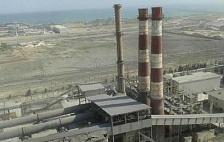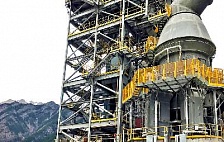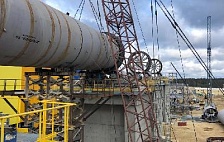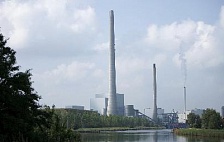 The first meeting of the members of the initiative group was held recently at the
The first meeting of the members of the initiative group was held recently at the Northern Arctic Federal University in Arkhangelsk (NArFU). The initiative involves Arctic University of Norway from the city of Tromsø, Norwegian Research Institute from the city of Narvik, University of Oulu from Finland, Tomsk State University of Architecture and Construction along with the association of Norwegian concrete manufacturers, which includes 34 companies and organizations.
Scientists put themselves to task of developing new technological approaches in the recycling of construction waste to provide manufacturers of building materials and paving with solutions for concrete recycling.
“Houses are built from concrete in all countries of the world, but these buildings do not last forever. They have to be demolished, deconstructed. The question is what to do with the concrete left?” said head of the Department of Construction, Energy and Materials Science at the Arctic University of Norway, Bjorn Reinar Sørensen. “We used to dump concrete into the sea and landfills but not anymore. It is prohibited. Under Norwegian law, we must reuse up to 70% of construction waste.”
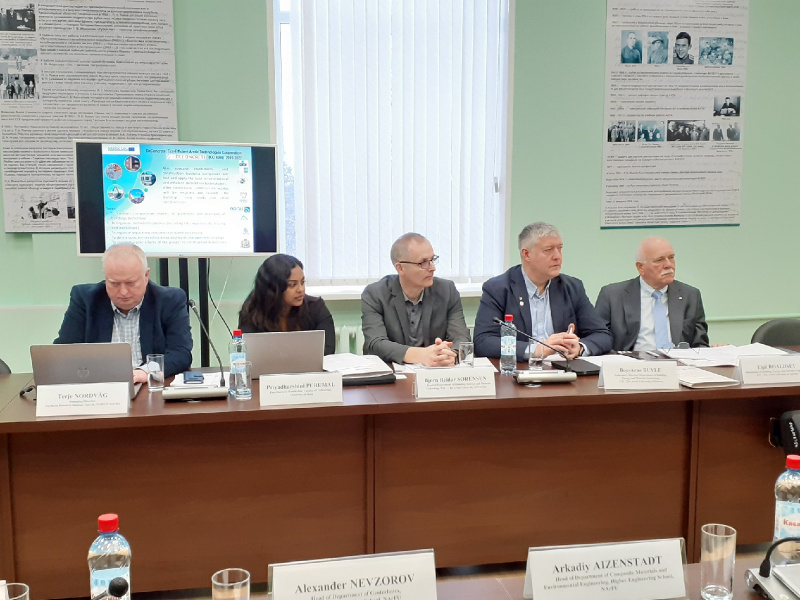
Arkady Aizenshtadt, head of the Composite Materials and Construction Ecology Department of NArFU, noted that Russian scientists are interested in the experience the life cycle of concrete and its properties their foreign colleagues have.
“Concrete undergoes certain changes adapting to the environment during operation. Thoughtless recycling of concrete scrap can be a big mistake. Apart from lead, there’s a large amount of other harmful substances contained there,” — the department head says. “We are interested in examining the smallest fractions down to concrete dust and investigating nano and microparticles. It is possible to reduce cement consumption in the production of high-grade concrete composites by 30% to 50% through obtaining composite binders from these fractions."
According to the head of the fire investigation of building and finishing materials laboratory at NArFU Viktor Danilov, it is possible to obtain concrete blocks and even whole foundations from recycled concrete:
“It is necessary to evaluate the crushed stone and its screenings according to both international standards and to the requirements of regulatory documents in each of the partner countries”.
“De-Concrete: Eco-Efficient Arctic Technologies Cooperation” plans to involve physicists, chemists, materials scientists, builders and manufacturers of cement and concrete. The researchers strive to make concrete one hundred percent recyclable.





